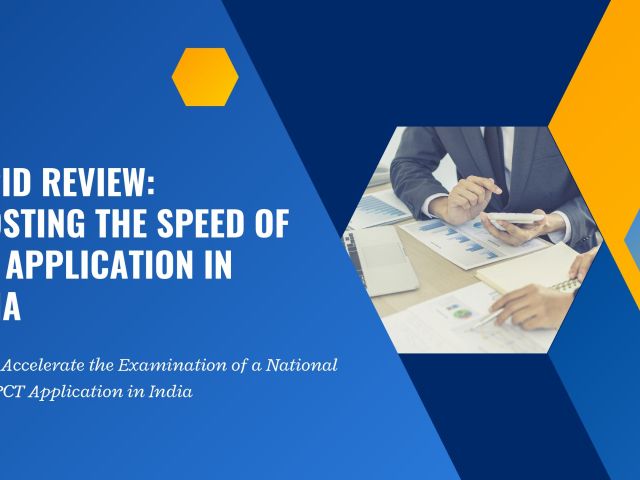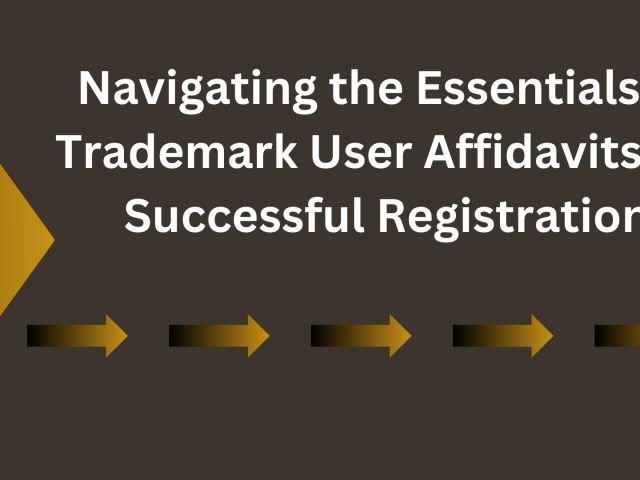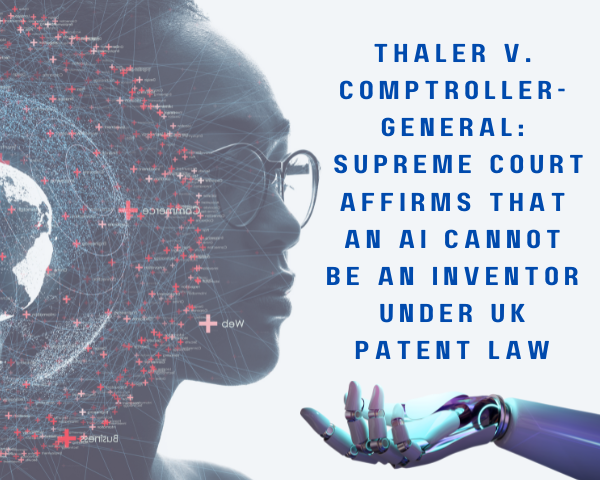1. Nuziveedu Seeds Ltd. And Ors. Vs Monsanto Technology LLC and Ors.
Issue: Whether the summary invalidation of Monsanto’s patent was valid?
Monsanto entered into a 10-year sublicense agreement in the year 2004 with Nuziveedu. The agreement was extended and was ultimately terminated by Monsanto in 2015 due to license fee disputes. Monsanto prescribed a higher fee in the agreement than the statutory license fee, and Nuziveedu paid the fee by the statute, which led to the termination. Monsanto filed for a temporary injunction to restrain using the registered trademark “BOLGARD” and “BOLGARD II” and from selling and/or using seeds/hybrid seeds bearing the patented technology. The question before the court is whether an injunction can be granted and whether the plaintiffs’ patent had been infringed or not.
The Appellant’s patent was in violation of Section 3(j) of the Patents Act, and the suit required expert opinion for deciding injunction. The learned Single Judge did not deal with or consider the counterclaim for revocation of the patent as unpatentable, although, during the suit’s pendency, the prescribed government fee was binding on the sublicense fee. This was appealed to the Divisional Bench of the High Court. It gave a summary judgment and upheld the respondent’s contention with respect to patent exclusion under Section 3(j) of the Act.
Thus the unconsidered counterclaim for revocation succeeded. The case went to the Supreme Court, and it was held that summary adjudication of a technical and complex suit that needs expert advice at this injunction stage is not permissible.
It was observed that the issues raised were complicated, requiring technological and expert evidence regarding chemical process, biochemical, biotechnical, and microbiological processes that were required to be considered at the final hearing of the suit. The court was satisfied in the facts and circumstances of the case that the nature of the injunctive relief granted by the Single Judge was in order and merits no interference during the pendency of the suit, and the suit was remanded to the learned Single Judge for disposal in accordance with the law.
2. Mylan Laboratories vs. Union of India
Issue: Can the Chairman of IPAB hear matters in the absence of a Technical member?
The case deals with the petition filed by Mylan Labs asking for a stay-on order passed by the Deputy Controller of Patents and Design against the Petitioner. The petitioner, in this case, had to approach the High Court of Delhi as the seats of appropriate officers at the Intellectual Property Appellate Board (IPAB) were vacant, and hence the challenge filed by the Petitioner against the order of the Deputy Controller of Patents and Design could not be heard. The Petitioner contended that the Technical Member of Plant Varieties Protection should be able to hear the pending patent matters along with the Chairman of the IPAB. And it was also contended that the Chairman IPAB should be able to adjudicate pending disputes along with the duly appointed scientific advisor.
Whereas the respondents submitted that the Chairman is not empowered to hear appeals alone with a technical member[1].
The Court ordered the Chairman, IPAB, and Technical Member (Plant Varieties Protection) to hear the stay application filed by the Petitioner and dispose of it within six weeks. The court also clarified that the Chairman, IPAB, and Technical Member are at liberty to hear urgent matters under Trade Marks, Patents, and Copyright.
[cherry_button text=”Questions? Reach Us” url=”https://www.intepat.com/contact-us/” style=”success” centered=”yes” fluid_position=”right” icon_position=”top” bg_color=”#1e73be” min_width=”33″ target=”_blank”]
3. La Renon Health Care Pvt., Ltd. vs. UOI and others
Issue: What are the shortcomings of the revocation of patents attempt in light of failing to substantiate its case by submitting expert evidence in support of its claims?
A patent owned by Kibow Biotech Inc, which is a dietary supplement that aids in the functioning of the kidney, had a writ petition filed against it, which the Madras High Court rejected due to a lack of expert evidence to support the case. In the writ petition, the validity of the patent was challenged under Section 3(e) of the Patents Act, stating that it was “a substance obtained by a mere admixture resulting only in the aggregation of the properties of the components thereof or a process for producing such substance.”
The Madras High Court laid much emphasis on the importance of expert advice in the technicalities of matters as reliance could not be placed merely on documents and arguments.
For instance, looking to the conclusion made by the IPAB that the patent by Kibow Biotech provides aid to kidney functioning. The court held that such a finding could not have been given without the help of a scientific adviser and/or technical expert’s evidence. At best, the court said that the IPAB could only have held that the materials filed by the petitioner were not sufficient to revoke the patent. Thus, to this extent, the observations made by the IPAB in its order were liable to be expunged.
The court also surmised that the burden of proof when a patent is challenged lay on the person making the challenge.
Hence, why the writ was eventually thrown out, and the patent grant remained held to be valid. The court noted that the scope of the writ petition was limited to whether there was any infirmity in the procedure adopted by the IPAB while deciding the revocation application. While holding that there was no such infirmity, the court also noted that the order against revocation could not be termed to be erroneous due to errors on the face of the record.
A noteworthy plausible outcome of this court order is that it might promote increasing academic involvement in patent litigation.
4. Shogun Organics Ltd v. Gaur Hari Guchhait
Issue: Is the Plaintiff’s patent pre-published and lacks novelty in view of the Registration D-trans Allethrin (TECH) granted to the plaintiff?
Shogun Organics Limited had filed a suit seeking a permanent injunction to restrain the defendants from infringing its process patent. The patent relates to manufacturing D-trans Allethrin (an active ingredient in mosquito repellants). Shogun had also obtained an ‘original’ registration for the manufacture of this product under the Insecticides Act 1968.
The dilemma before the High Court of Delhi was that just because an earlier registration under the Insecticides Act was in favor of the plaintiff and later the defendant, it does not imply that the patented process was disclosed. It is also seen that the defendant was unable to exhibit that the patent process steps were previously disclosed.
The court took note of the language of Section 30 of the Patents Act, which states that the invention described in the specification can’t be deemed to constitute prior specification by way of this communication of the invention to the Government or any such person authorized. In order to constitute a disclosure of the invention in question, there must be public manufacture, use, or sale of the same.
The court held that the plaintiff is entitled to a permanent injunction restraining the defendants from the manufacturing and sale of D-trans Allethrin. And it is observed that there was no substantial evidence by the defendant to rebut the plaintiff’s case of patent infringement.
Additionally, it was held that any disclosure of a patent with a novel process would not be constituted by an analysis of the patent process but would rather discuss the prior art, emphasize the advantages of the inventive steps brought to the table and disclose the exact process sought to be patented. That is, the disclosure of the process is different from an external analysis of the process as to how it is novel and inventive.
5. Novartis AG & ANR v Natco Pharma Ltd
Issue: Is Plaintiff liable for injunction and damages from the defendant on the grounds of lack of novelty?
Swiss Pharma major Novartis has been granted a patent for the novel and inventive compound “Ceritinib” used to treat non-small cell lung cancer. This patent was filed claiming priority in 2007 and was granted patent rights in 2015.
The plaintiff came across NOXALK; a product of Natco Pharma, during a pharmaceutical conference conducted at Kolkata and came across the launch of a product called “Ceritinib Capsules.”
Natco Pharma claimed that the Ceritinib molecule is neither novel nor inventive as it comes within the broad “Markush” formula, which is disclosed in the patent granted to AstraZeneca or two other patents granted to Rigel. On the basis of this contention, Natco Pharma opposed Novartis’s patent by way of post-grant opposition.
Novartis filed a case in the High court against Natco Pharma seeking a permanent injunction, damages, rendition of accounts, and delivery up in respect of its granted patent and restraining Natco Pharma from manufacturing and selling the “Ceritinib” capsules.
By way of a court order in May 2019, Justice Pratibha M Singh directed Natco to file a response to the injunction moved by Novartis within two weeks.
The court referred to the decision of the Supreme Court in Aloys Wobben, and the judge held that although the patent rights may be crystallized once the opposition is actually decided, during the pendency of the post-grant opposition, the rights of a patentee subsist.
By way of an interim order, the court allowed the selling of the existing stock that Natco Pharma has already manufactured under the mark NOXALK (Ceritinib) on consideration of the patient community holding that stopping the sale of the defendant’s product would only cause harm to the patient community. However, Natco Pharma was restrained by the court from manufacturing any fresh stock of drugs that comprises the “Ceritinib” compound.
Our clients have benefitted in many cases using our patent infringement analysis services. Connect with our experts for your specific requirements or questions.




